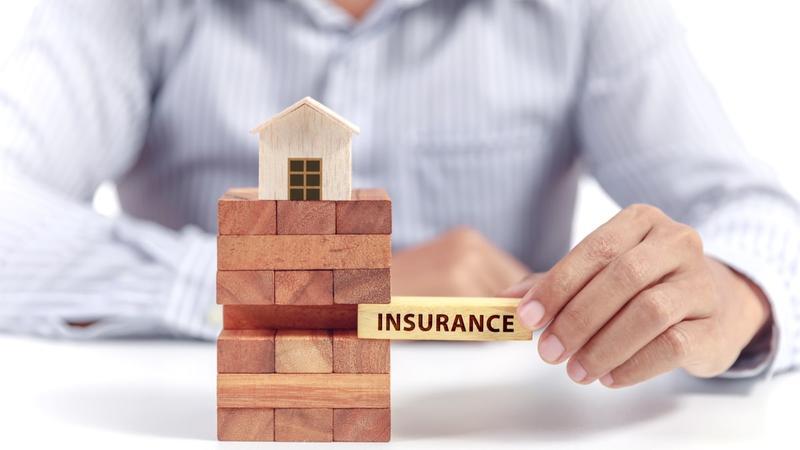Choosing the right amount of home insurance can be tricky. There are a number of variables to keep in mind to get the right package for you and your family. There are some key points to keep in mind that will make the choice easier. Home insurance can be a bit of a mystery, especially if you're a first time home owner. Fortunately, it's not that complicated, you just need to keep a few points in mind.
What is Home Insurance?
Home insurance is purchased to cover the replacement cost of your home and its contents in case of an accident such as fire, damage or theft. It can also protect against the loss of use of your home, covering some or all of your additional living expenses should your house become uninhabitable for a period of time as a result of an insurable peril. Without home insurance, the cost of replacing your home and belongings could be disastrous for you and your family.
How Much Home Insurance Do I Need?
So, how much home insurance do you need? The simple answer is that you need enough insurance to cover the cost of rebuilding your house should it be damaged beyond repair due to fire, explosion or other damage. However, it's important to realize that the cost of rebuilding isn't the same as the resale value of your home.
For one thing, your resale value would include the cost of the land your home is built on, but the land will not likely need to be replaced. On the other hand, the construction of a single home may cost somewhat more than a typical builder's cost to build a series of homes, since the builders can minimize costs for materials and labour by building homes in larger groups at once.
Remember to consider the cost of any upgrades you've made that may affect your replacement cost, such as upgraded kitchens and bathrooms, finished basements or additional insulation and energy efficiency measures.
Some people make the mistake of assuming that the replacement cost is the same as the value of the mortgage remaining on your home. Mortgage balance and replacement cost are two different things - you're responsible for paying your mortgage regardless of any damage to your home.
For a detailed estimate of the replacement cost of your home, you're best to get an appraisal from a building contractor or a replacement cost appraiser. These professionals are up to date with the cost of replacing or rebuilding homes and as a third party can give you an accurate and unbiased report of the cost to replace your home.
Include the Cost of Your Belongings
Some of your belongings will be covered in a standard home insurance policy, but if you have expensive electronics or other valuables, you may need to increase the amount of coverage to include these items. It's a good idea to take an inventory of your belongings, along with photos and the purchase receipts so you have concrete information regarding their worth. This is particularly true if your home contains items that are unusually valuable. Once you've completed this inventory, keep the information in a safe deposit box so that it won't be lost if your home is damaged.
Some insurance companies have a system available to estimate the value of your belongings based on the size and number of rooms in your home. If your possessions are of average value you this might be easier than taking an inventory.
Personal Liability Insurance is Important
Home insurance policies also provide coverage for personal liabilities that occur in your home, for example, if someone were to be injured in your home. Another possibility is that if someone else's belongings were damaged in your home, you could file an insurance claim to reimburse them.
Another point to keep in mind is inflation. You might purchase a policy based on the current cost of replacing your home, but if something happens ten years down the road, the replacement cost could actually be much higher due to inflation. Current inflation rates are around 2-3% per year, so be sure to consider that when you decide how much home insurance to buy. Some companies will automatically factor in the cost of inflation to your home insurance policy, check with your insurance broker or agent to find out if this is the case.
Once you have an accurate view of the cost of replacing your home and belongings, you want to make sure that your home insurance covers you for this amount. Being over-insured will mean you're paying higher premiums for coverage that you'll never be able to claim on or benefit from, and being under-insured could leave you short in the event of a disaster. Choosing the right amount gives you the peace of mind to know that your home insurance has you completely covered for any damage to your home or loss of your possessions. By making sure that you have the right values for your home, any insurance quotes that you apply for will be more accurate, and you can ensure that you're looking at the costs for the coverage you actually need - and getting the best rates at the same time!
